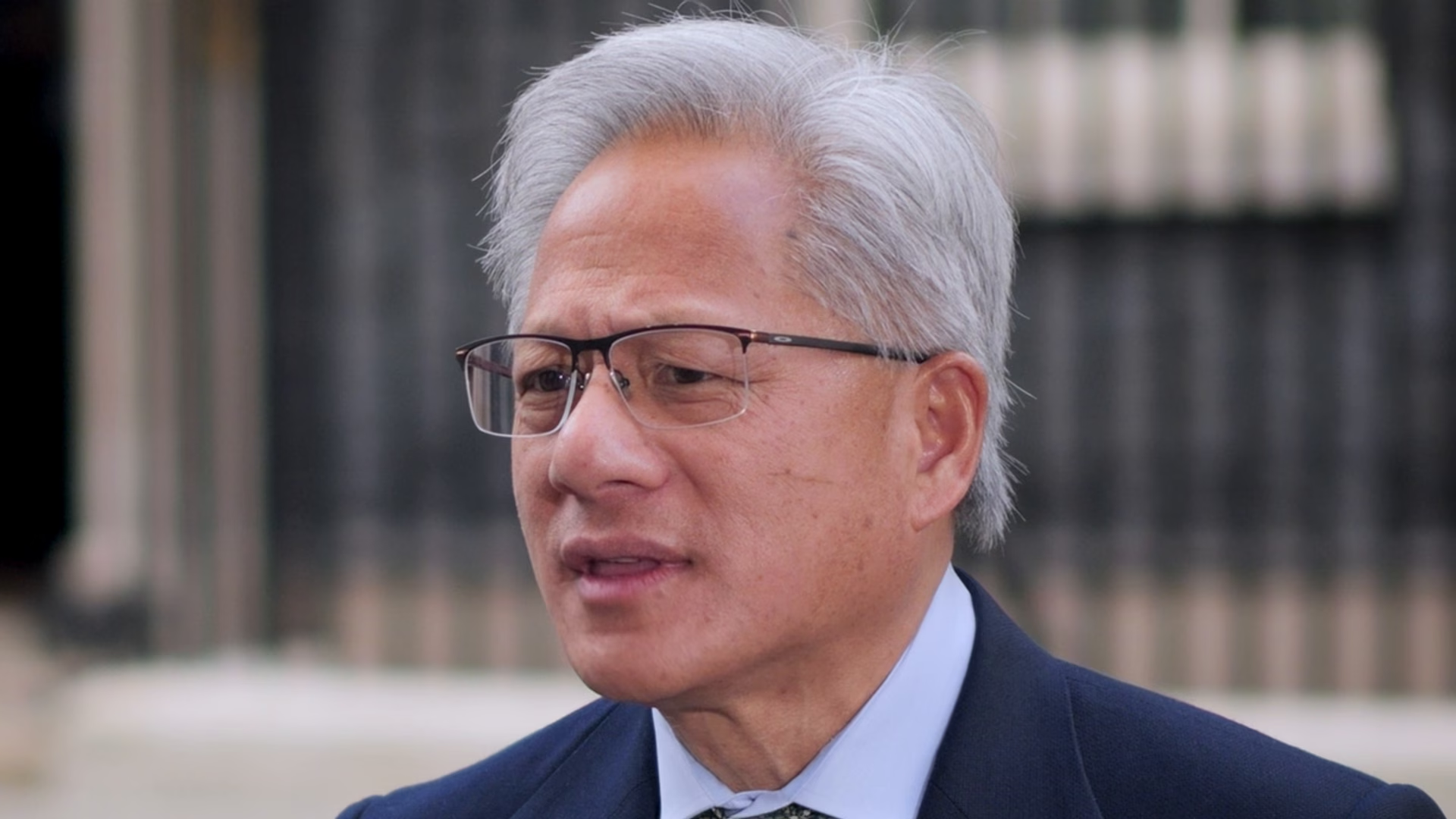![]()
As House of Assembly members publicly hyped up a plan to increase civil servants’ pay in 2023, they quietly reserved far bigger raises for themselves.
During a closed-door meeting that December, HOA members secretly agreed to double their own baseline salaries — a move that was not publicly disclosed until the release of a special report by Auditor General Sonia Webster this week.
The decision boosted the 13 elected members’ collective salaries from $681,000 to nearly $1.5 million — a 119 percent increase — from the start of 2024, according to the report.
As a result, individual members’ baseline salaries now range from $71,230 for backbenchers to $176,243 for Premier Natalio “Sowande” Wheatley.
When members’ allowances are factored in, the changes have pushed all legislators’ total annual compensation well into six figures — with the premier pulling in more than $250,000 in total, most other ministers earning about $200,000, and even the lowest-paid HOA members drawing some $134,000.
“The significant increase in HOA members’ salaries was implemented without any form of public disclosure,” Ms. Webster’s report states.

Closed-door decision
HOA members decided the raises when they met informally on Dec. 19, 2023, and agreed to award themselves the maximum increase from a range recommended by consultants PricewaterhouseCoopers as part of a public-sector compensation review, according to the auditor general.
Originally, however, that compensation review was not meant to include HOA members.
“The January 2021 Cabinet decision which approved the public service compensation review did not include remuneration for members of the House of Assembly,” wrote Ms. Webster, who launched her probe primarily to investigate a dramatic overspend in civil servants’ pay raises that came to light last year. “As a result, consideration of the HOA members’ salaries was not included in the request for proposal, terms of reference or PwC contract.”
She added that HOA members’ compensation and benefits are “legislatively separate and distinct” from civil servants’.
But in December 2022 — after PwC started the compensation review — the Deputy Governor’s Office instructed the consultants to include legislators’ salaries as well, according to Ms. Webster.
Her report also notes that HOA members passed the 2024 budget — which contained the funding needed for their raises — on the same day that they met privately and approved the move.
There was no public announcement of the raises at the time, and no debate in open session of the HOA.

‘Greedy Bill’ backlash
The secret raises came on the heels of a vocal public backlash over the so-called “Greedy Bill,” a 2021 law that dramatically expanded legislators’ post-term payouts and benefits.
Though lawmakers walked back parts of that law in 2023 — partially removing a particularly controversial provision that allowed them to continue drawing a full salary for up to four years after leaving office — they left in place a key provision that makes pensions and gratuities more generous by counting allowances.
Opposition member Myron Walwyn warned during a 2023 debate on the matter that post-term payouts could total $5 million annually — a sum he said “could build a school.”
With the members’ new raises, such long-term payout commitments could increase substantially — and Ms. Webster warned of the consequences in her report.
“The potential impact of these new salaries on retirement benefits and pensions under amended legislation for HOA members have not been discussed or addressed,” her report states, adding, “There should be adequate public disclosure of the increases made to HOA salaries and the implication for the recently increased retirement benefits.”

HOA’s response
The premier and other HOA members did not respond individually to the Beacon’s requests for comment, but the HOA issued a statement about the auditor’s report last night after news reports sparked a public outcry over the secret raises in social media forums.
“The House notes the public interest and concern expressed following media coverage, particularly regarding compensation for elected officials,” the statement notes. “With the report now officially before the House, members will undertake a thorough review of its findings, engage in detailed discussions, and provide a formal response consistent with established parliamentary procedures.”
The House also stressed it commitment to transparency, accountability and “proper due process.”
“An official response, inclusive of comprehensive information for the public, will be issued in due course,” the statement added. “The House appeals for the patience of the people of the Virgin Islands as the matter proceeds through the appropriate parliamentary channels and assures that the concerns raised will be addressed.”
DGO response
The DGO responded to the Beacon‘s queries about the auditor general’s report with a statement that focused mainly on aspects of the report covering civil servants’ pay increases.
The statement — which stressed the office’s commitment to transparency and accountability — noted that the DGO and the Ministry of Finance are in the process of submitting more information to the governor as recommended by the auditor general.
“The Office of the Deputy Governor also takes this opportunity to encourage members of the public to carefully read the report and its contents,” the DGO stated. “Specifically, the Office of the Deputy Governor would like to further publicly erase, as is clear in the auditor general’s report, any innuendos or suggestions that through the implementation of this project, funds were misappropriated or missing as a result of the compensation review.”
British Caribbean News


